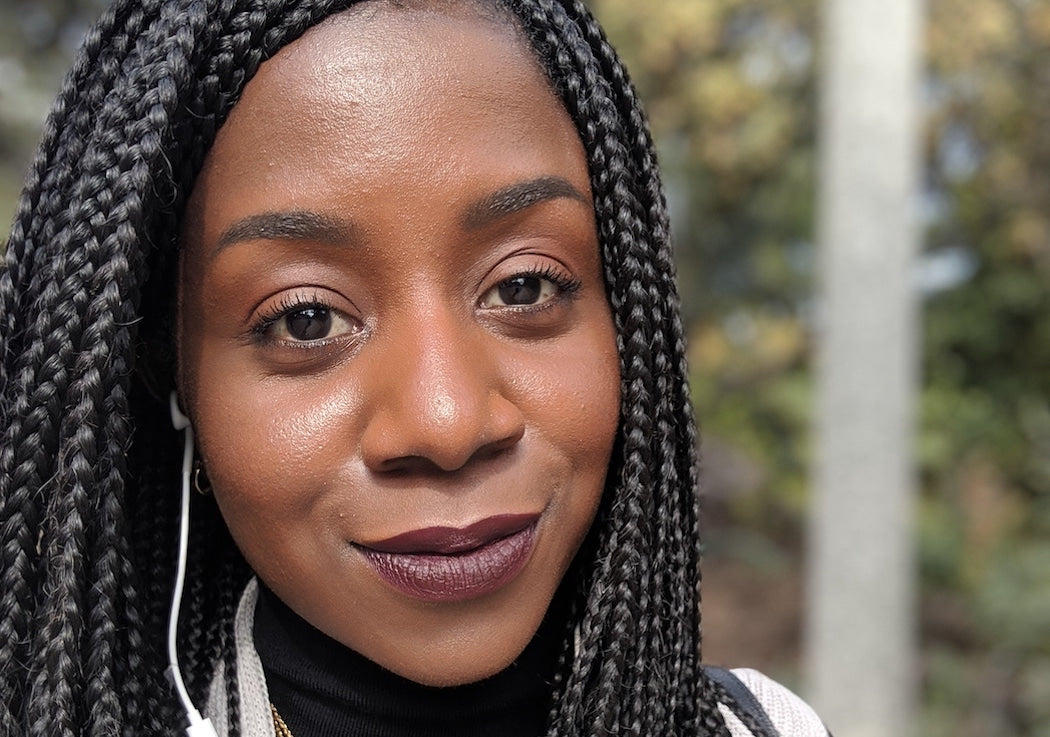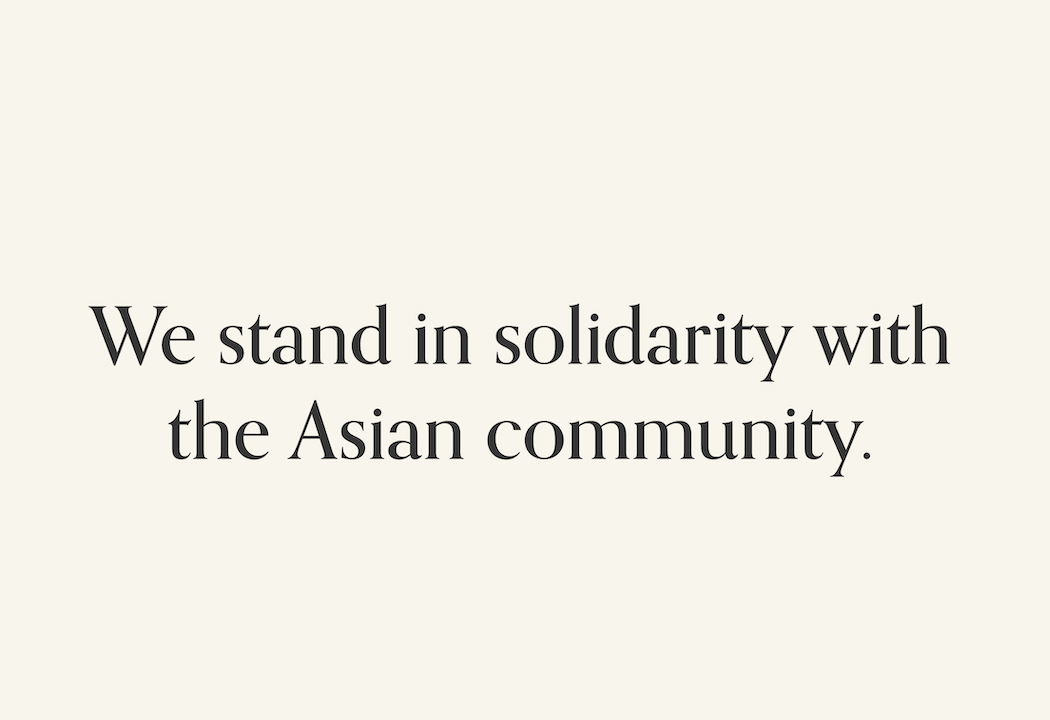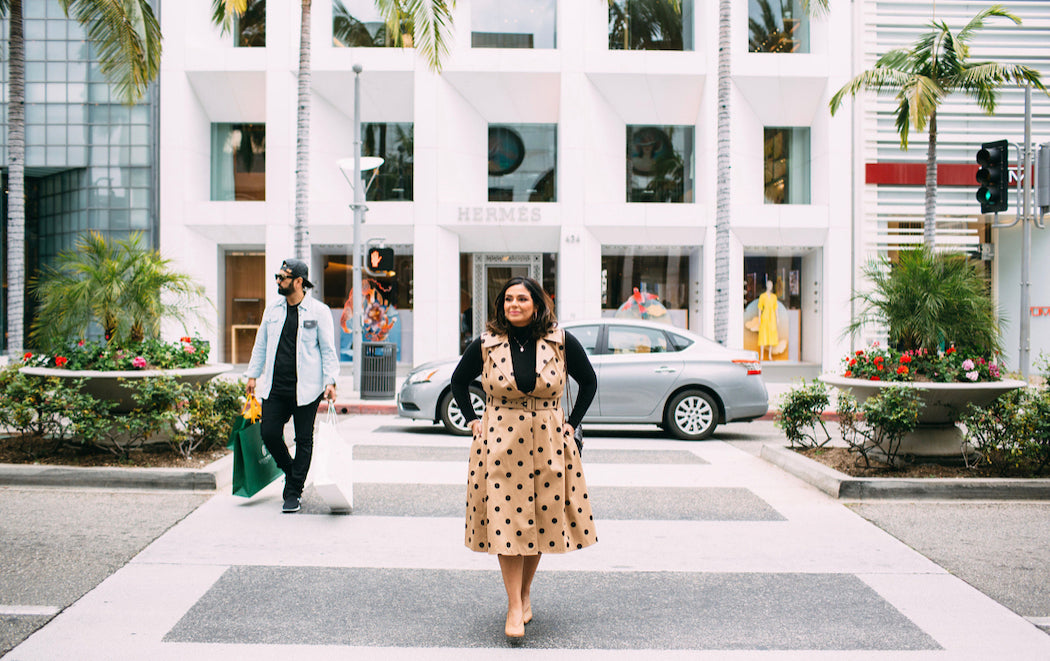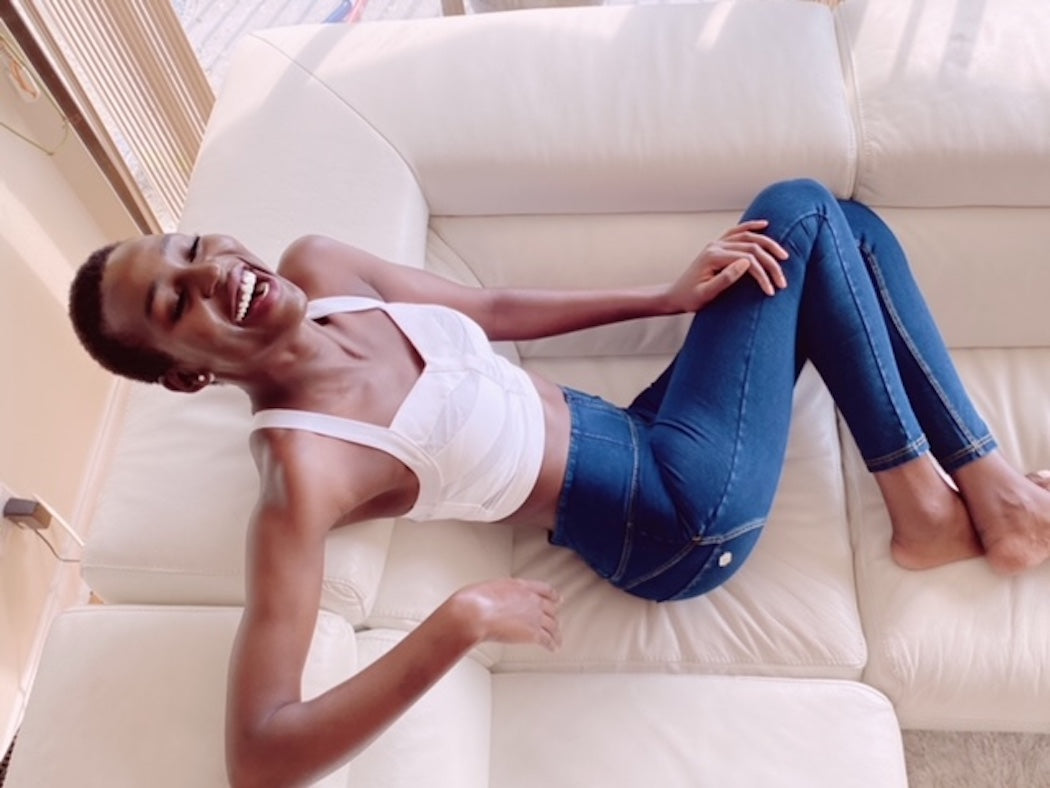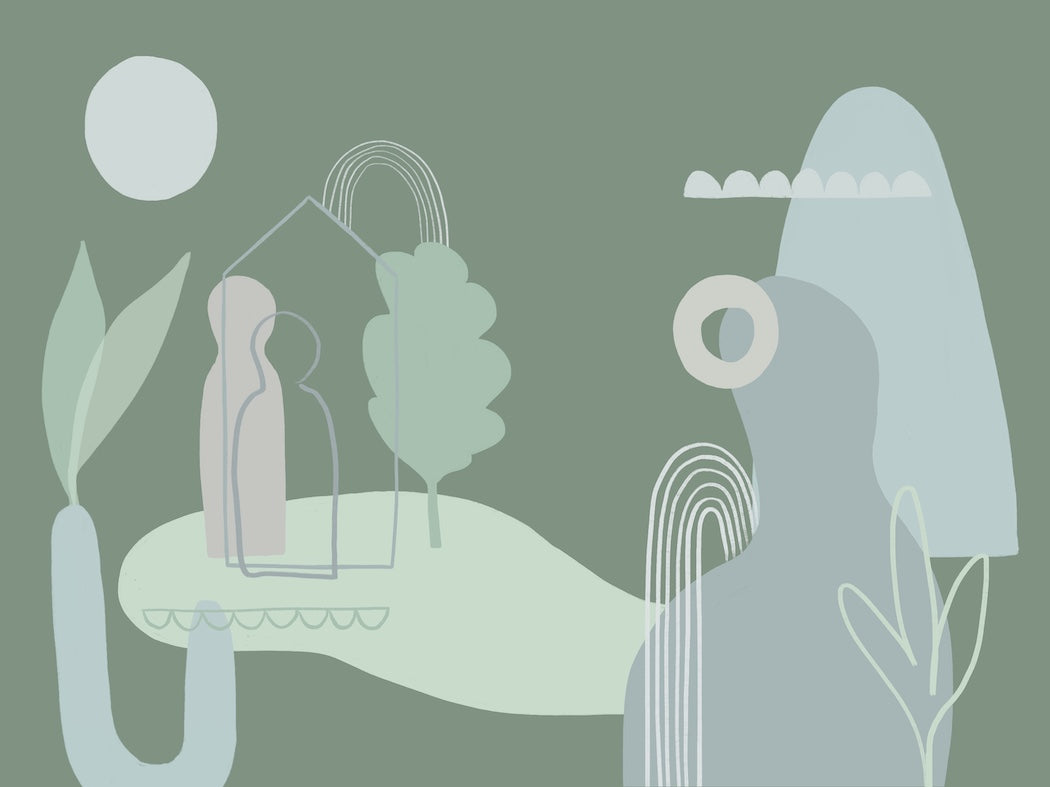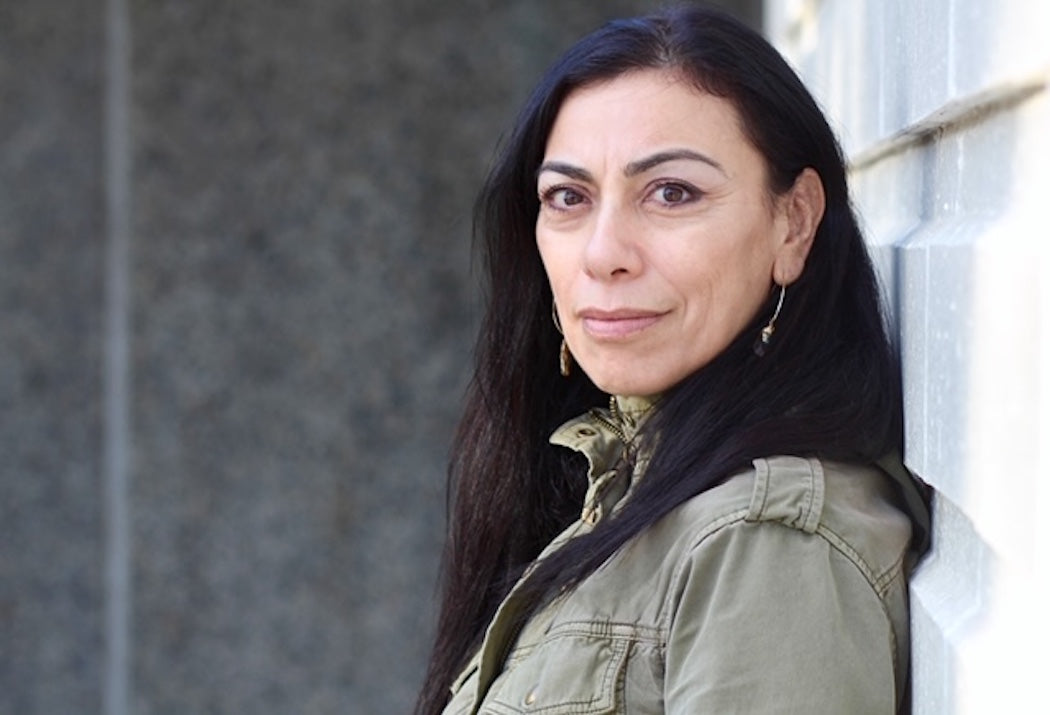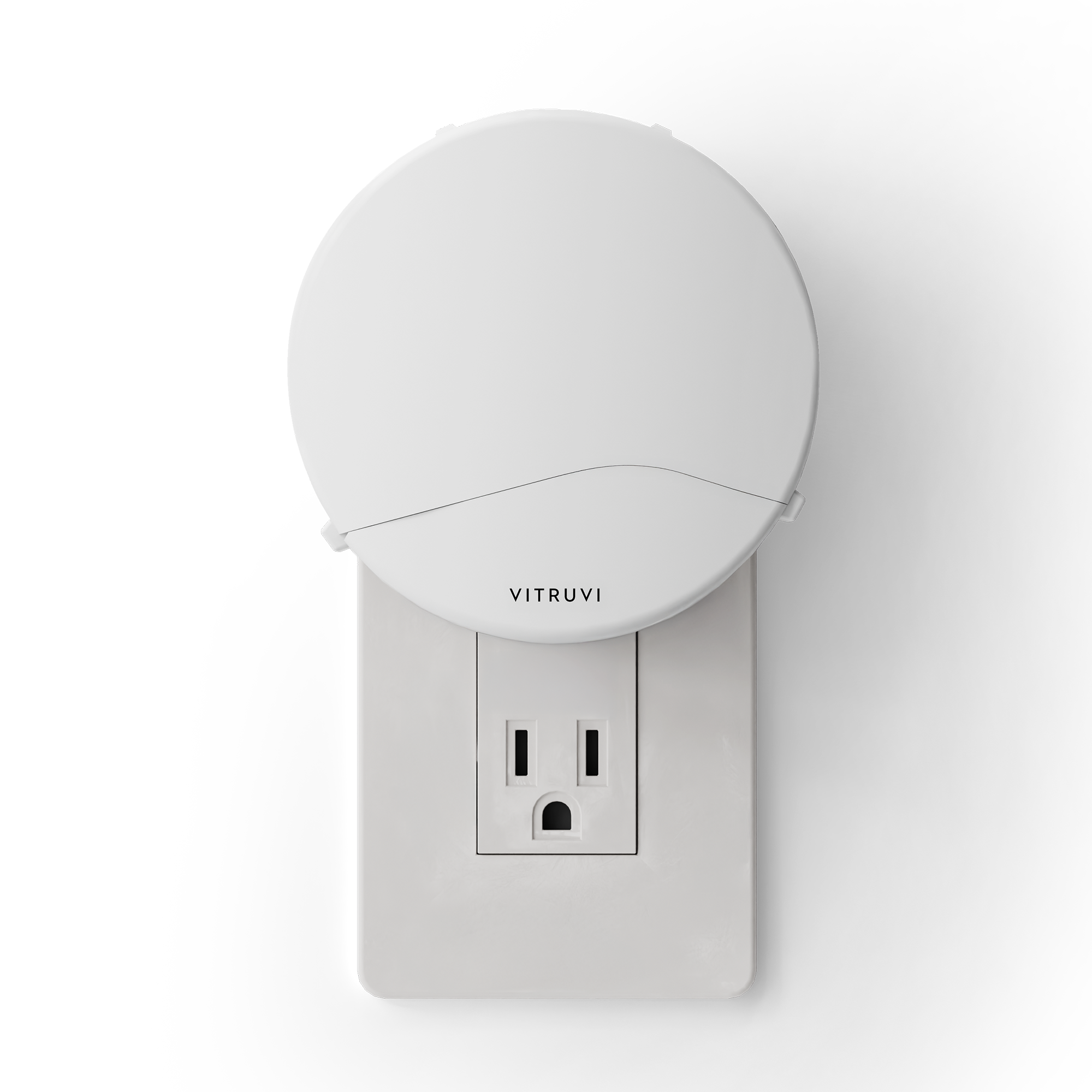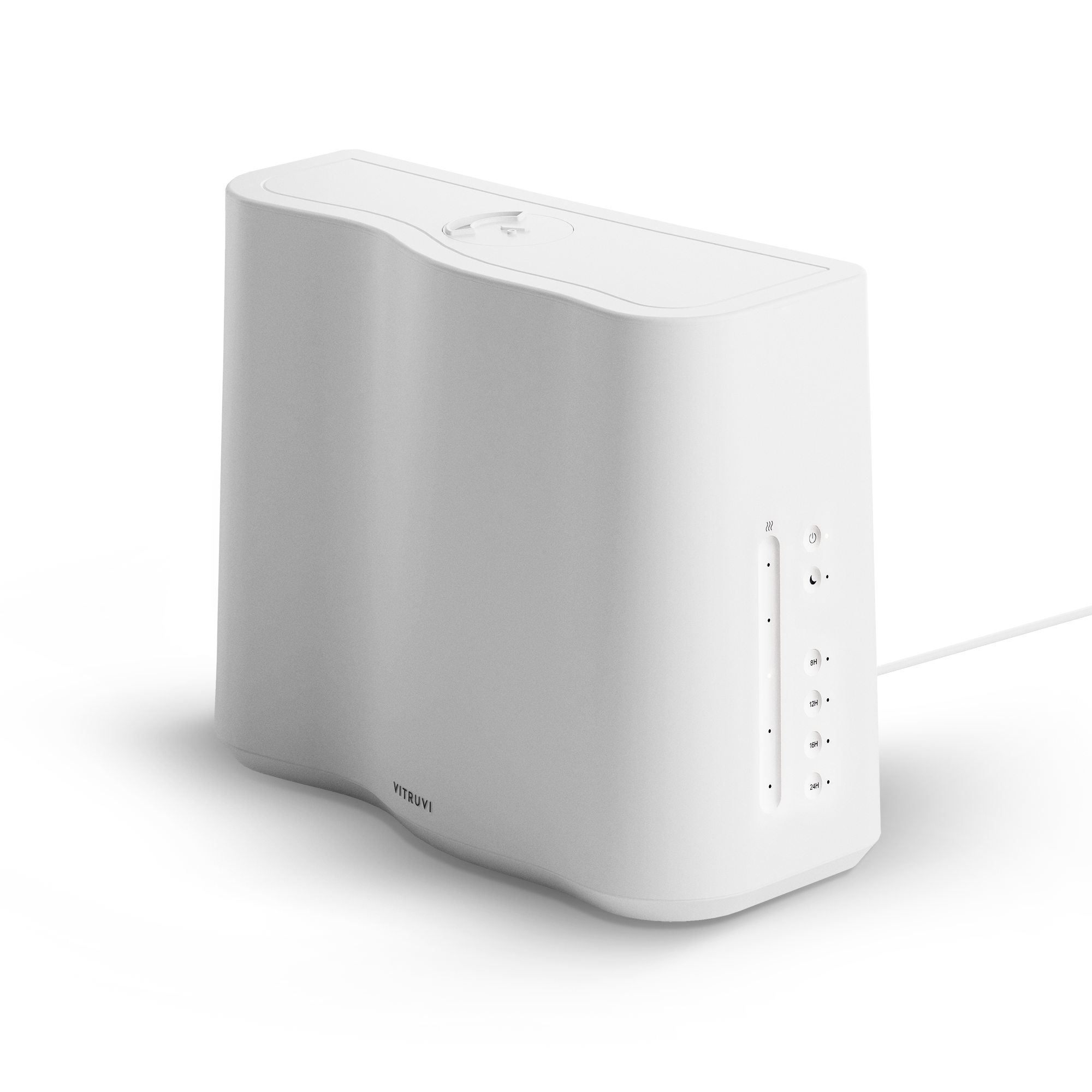On a sun-drenched Sunday in late June, Sandy Hudson is grateful for the chance to practice yoga for the first time in ages. As of late, the founder of the Black Lives Matter presence in Canada has been fully immersed in the accelerated momentum of the movement’s worldwide protests: giving interviews, writing, working as an activist, and moving at an unrelenting pace. So although she is beaming over a video call, she acknowledges she is very, very tired. With an infectious laugh, Hudson describes herself as someone with “lots of energy to keep going, but if I stop to think about it, that energy can disappear. So I have to keep moving.”
At the time of this conversation, Until We Are Free: Reflections on Black Lives Matter in Canada (Hudson is a co-editor with Rodney Diverlus and Syrus Marcus Ware), has become a Canadian bestseller. And while Hudson describes Sandy and Nora Talk Politics (the podcast she co-hosts with Nora Loreto) as something that began as “two friends ranting to each other on the weekends,” it has climbed the Canadian news podcast charts. She also co-founded the Canadian chapter of the Black Liberation Collective, helped found the Black Legal Action Centre, and is currently studying law at UCLA. Inspired to use her education to further her impact on the world, Hudson says she is merely pursuing things that feel right to her.
From her home in Los Angeles, she talks about witnessing a shift, remaining hopeful, and the importance of defunding the police.
In the wake of recent Black Lives Matter protests, there have been positive changes—but we still see so much violence happening against Black and Indigenous people in Canada. Do you feel optimistic?
I do feel optimistic. As an activist, if you don’t feel optimistic, you should probably be in another profession. How could I keep going if I didn’t see possibilities? Recently in Hamilton, Ontario, they voted to eliminate police from their schools after a series of arrests. There are city councils across Canada considering motions to reduce police funding. I have also never seen as many people on the streets protesting as I have in the last three weeks. About 70 Canadian cities have had some form of demonstration or multiple demonstrations, and that inspires me. At the same time, I’m frustrated about the way the government and powers that be often feel it’s enough to kneel at a rally or make a statement when they could be doing so much more.
Why is activism so critical right now?
Activism is one of the most important aspects of this movement, but people see so little of what we do. The protests are on television because they look dynamic on camera; the part nobody sees is all the in-between time when we are researching, writing, teaching, and doing whatever we can to share knowledge. About 95 per cent of activism is a bunch of us nerds talking about how things could be different. Normally, you can lobby and call for changes in a regulated way, but historically speaking, that has rarely worked for Black people. It usually results in a commitment to do a study—we have decades of studies stating that racism is a problem, and recommendations are provided. Those recommendations get put on a shelf and nobody hears about them again. So, if we’re going to be ignored through official channels, then activism is one of the only ways that we can urgently push for change.
How can we continue to usher the movement forward and not lose this momentum?
We have to be unequivocal and steadfast in the demand to defund the police. It has to happen, or people are going to continue dying at the same levels that they have been. All the attempts at reform or accountability fail. Other options like police body cameras or civilian-led police oversight have been tried and failed. The thing that hasn’t been tried is defunding the police. If we want to prioritize Black and Indigenous lives, this needs to happen.
A central problem in our society is that we have given so many services to the police that would be better addressed by other services. If we have a growing problem with mental health, why are we giving the service to respond to a mental health crisis to the police? So many people who need help experience an escalated use of violence and lethal force. Often the people calling are family members seeking help for a loved one. I can only imagine what it would feel like to be a family member of Chantel Moore or Rodney Levi. These people needed help, but instead they were killed. Part of the reason we cannot create the services we desperately need is that so much money is going to the police. Take away some police funding and create more services for mental health and sexual assault, and get more counsellors and teachers in schools instead of more police.
We have placed so much trust in the police, and this is because the people who have the most power in our society place trust in the police—but those people don’t interact with them on a daily basis, and their experience is much more theoretical. Black people and Indigenous people interact with the police almost daily because they’re patrolling our communities, and we know what their behaviour can be like.
Is it frustrating to have some people suddenly paying attention to the movement when they weren’t before?
I know some people do feel frustrated by this, but that’s not my tendency. My tendency is to deliver the information, and whether or not someone’s interest is honest or sustained is between that person and their maker. I’m doing my best to get whatever change I can out of people paying attention. I hope that it isn’t just a moment and that this represents a significant shift in how people view their responsibilities, but I will take whatever I can get.
What are the best ways to be an effective ally at this time?
We have to get out of the easy tendency to say we are anti-racist and declare it on social media and end it there, because that is not enough. Everyone hates racism. The difficult work is recognizing where it actually exists and how we are complicit. If you have educated yourself from the Black people who have been doing the work to provide information around defunding the police, it’s your responsibility to educate others and the institutions that you are a part of. That might be the institution of family, a classroom, work, or a religious congregation. People need to engage with their representatives through phone calls, emails, and letters to get that shift happening and donate to organizations that are doing this work. Put some money behind it. Support the impacted families or contribute to bail funds. So many organizations are doing good work, and allies should research this and find one they can support.
When life is this busy and overwhelming, how do you stop and find ways to take care of yourself?
Normally, I love to work out every day, and I practice capoeira. I also adore singing and musical theatre. On an average Saturday, I would be singing songs from Rent at the top of my lungs while cleaning the house. But at a heightened time like this, it is an act of self-care for me to engage in this work. I have to keep working because that’s what makes me feel like I have some form of control in order to feel well. Ranting to loved ones is also crucial, and if I wasn’t able to yell about it to someone who understands, that would feel like another loss of control. The last few weeks have been wild because I’ve been so busy, but I can actually see a shift taking place. In a time that’s really intense, I have to keep trying to make an impact. And I’m happy to say that it feels like I have.
This interview has been edited and condensed.

